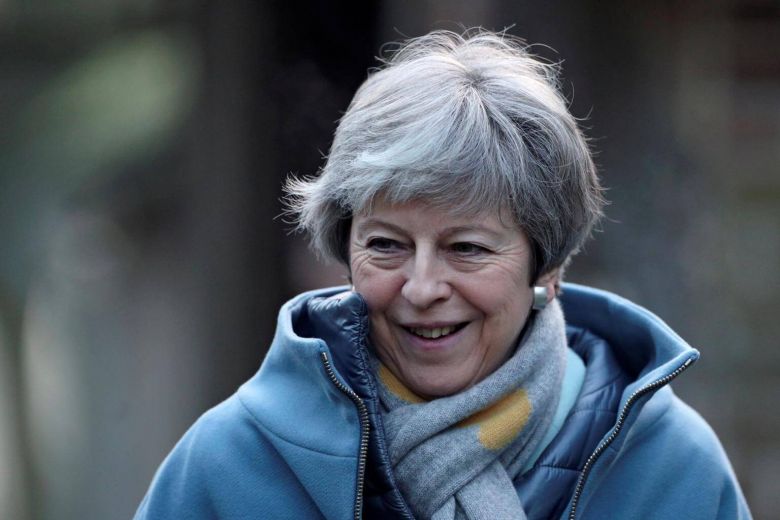Good Friday deal to be amended?
January 22, 2019 | Expert Insights

British Prime Minister Theresa May is considering solving the Brexit deadlock by amending the Good Friday Agreement (GFA) after abandoning attempts to negotiate a cross-party deal.
The Good Friday Agreement (GFA) is a British-Irish agreement signed April 10, 1999, as part of Northern Ireland Peace process which opened up the Republic of Ireland- Northern Ireland land border.
Background
On June 23rd, 2016, Britain narrowly voted to leave the European Union, stunning Europe and the world in general. The EU employs a set of policies for its 28-member states that aim to ensure the free movement of people, goods and trade among other services. Britain is deeply intertwined with the workings of the EU especially with regard to trade.
PM Theresa May’s leadership in the negotiations has been heavily criticised. She has been unable to form a consensus within the Parliament, or even her own party, for the course of Brexit. Her “directionless” leadership has not convinced most of her peers in Westminster and she was challenged by a no-confidence motion in early December 2018, which she narrowly won.
Despite her best efforts, the British parliament is not accepting the proposed Brexit agreement. Irrespective of whether they arrive on a deal or not, the UK is officially set to leave in March 2019.
PM May has just survived a turbulent week in Parliament as she saw her proposed Brexit plan defeated with the largest margin in a century but also surviving a potentially course-changing no-confidence motion raised by Jeremy Corbyn.
Analysis
Theresa May's Good Friday plan would see the United Kingdom and Ireland agree on a separate set of principles or add text to "support or reference" the 1998 peace deal. The Good Friday Agreement set out how both sides guarantee an open border after the “Troubles”.
With just weeks to go before Britain is due to leave the European Union, Mrs May will return to Parliament on Monday to set out how she plans to try to break the Brexit deadlock after her deal was rejected by lawmakers last week.
Under the terms of the Good Friday Agreement that largely ended years of violence between Irish republicans and pro-British unionists, border posts were removed and the province was given a power-sharing structure where both communities were represented.
Senior EU sources have called Mrs May’s new plan a non-starter while British government sources are “sceptical” that it would work, as the plan is likely to prove controversial and would require the consent of all the parties involved in Northern Ireland.
Mr Neale Richmond, a member of Ireland’s governing Fine Gael party and chairman of the upper house of Parliament’s Brexit committee, said the Good Friday Agreement cannot be renegotiated lightly.
Earlier, Trade Minister Liam Fox said Parliament cannot be allowed to hijack Brexit, in a warning to lawmakers who want to take more control over Britain's departure from the EU.
As she tries to navigate a way through competing visions for the future - from a second referendum to staying in the EU - Mrs May told ministers that she was looking for ways to make the so-called Northern Irish backstop more acceptable to her Conservative Party and Northern Irish allies.
Mr Corbyn has said he will enter into talks with Mrs May only if she rules out the scenario, in which Britain leaves without an agreement and one that some businesses say would be disastrous for the economy.
Labour said some of its top team would visit businesses around the country to discuss the dangers of a “no deal” Brexit.
“We’re ready to talk to the government and others in Parliament about a sensible alternative plan, but not while Theresa May is wasting £171,000 (S$298,000) an hour of taxpayers’ money on dangerous and unnecessary no-deal brinkmanship,” Mr Corbyn said in a statement.
The leader of Britain’s opposition Labour Party, Mr Jeremy Corbyn, was expected to reiterate on Monday his willingness to talk to PM May on ways to break the deadlock over Brexit but only if she rules out a so-called no-deal Brexit scenario.
Assessment
Our assessment is that the possibility of Brexit not happening altogether is getting stronger with every failure of the Theresa May government. We believe that the Conservative Government may request an extension from the EU on the exit date especially after German Foreign minister has signalled an intent to cooperate with London.








Comments